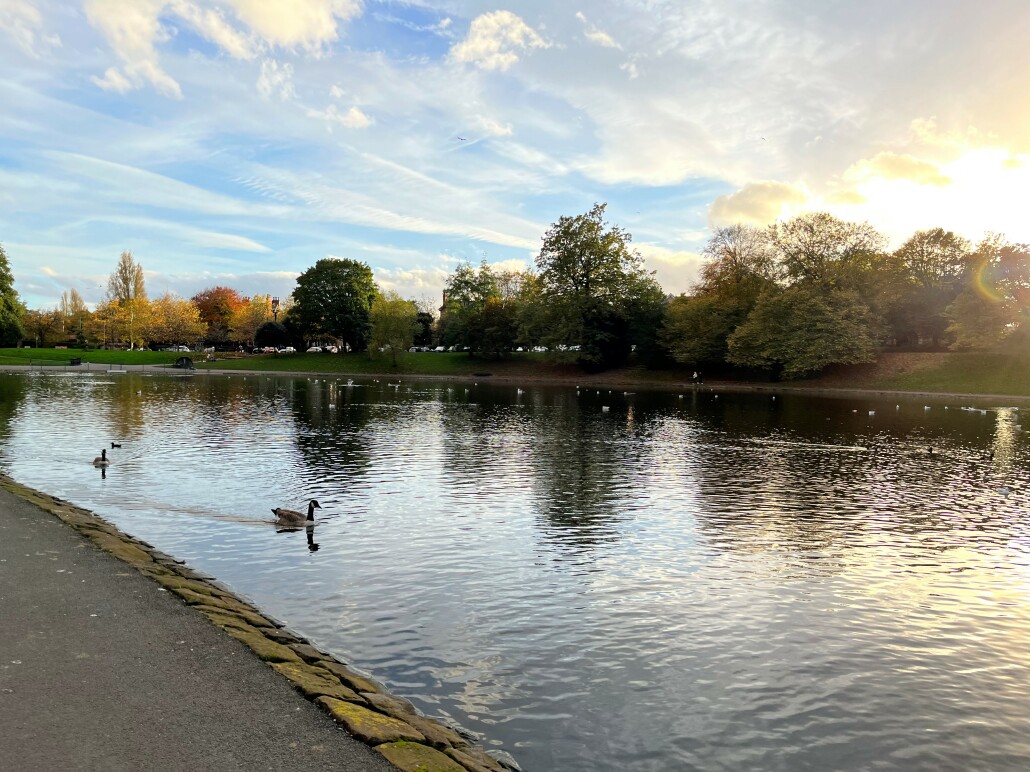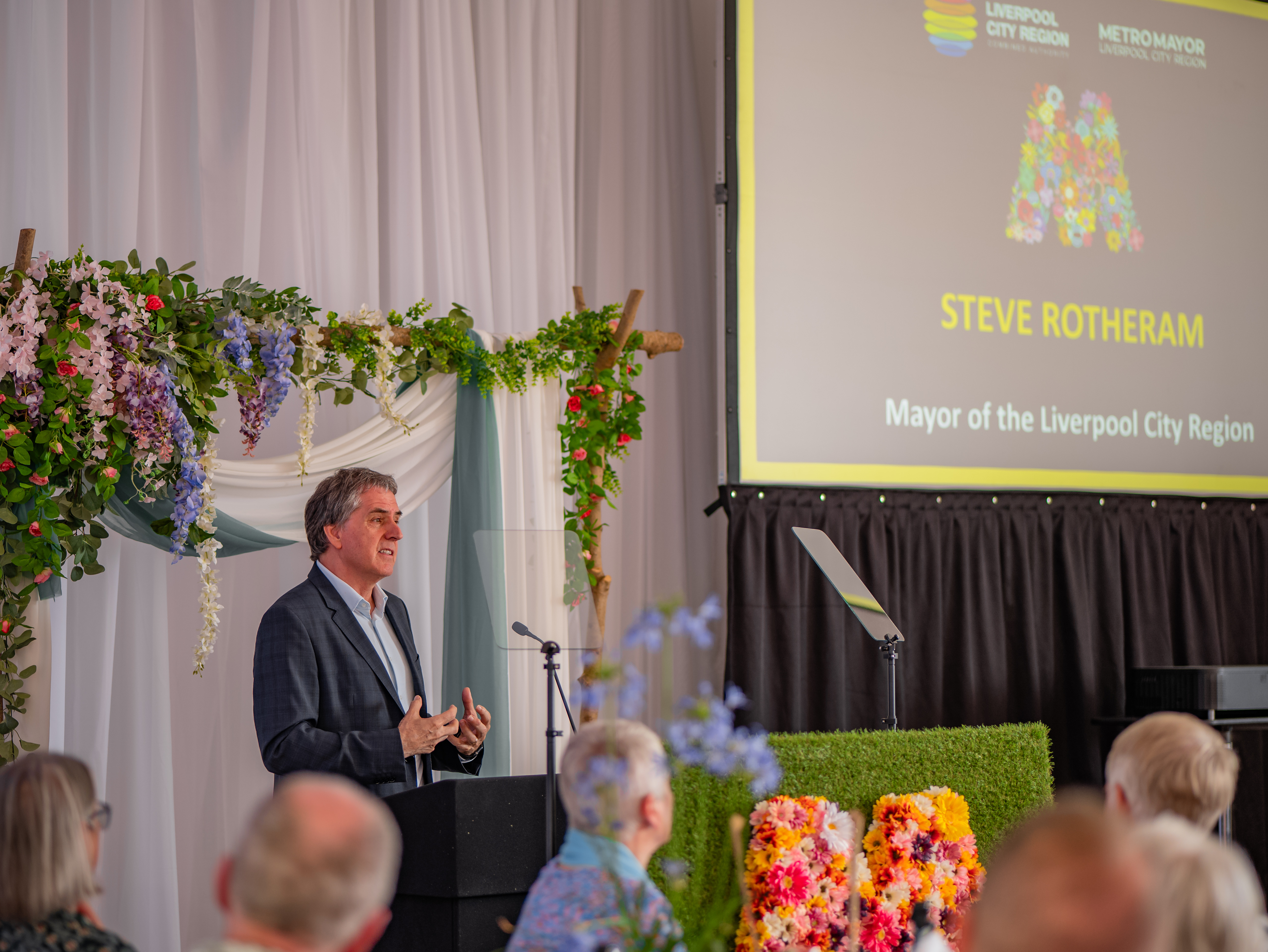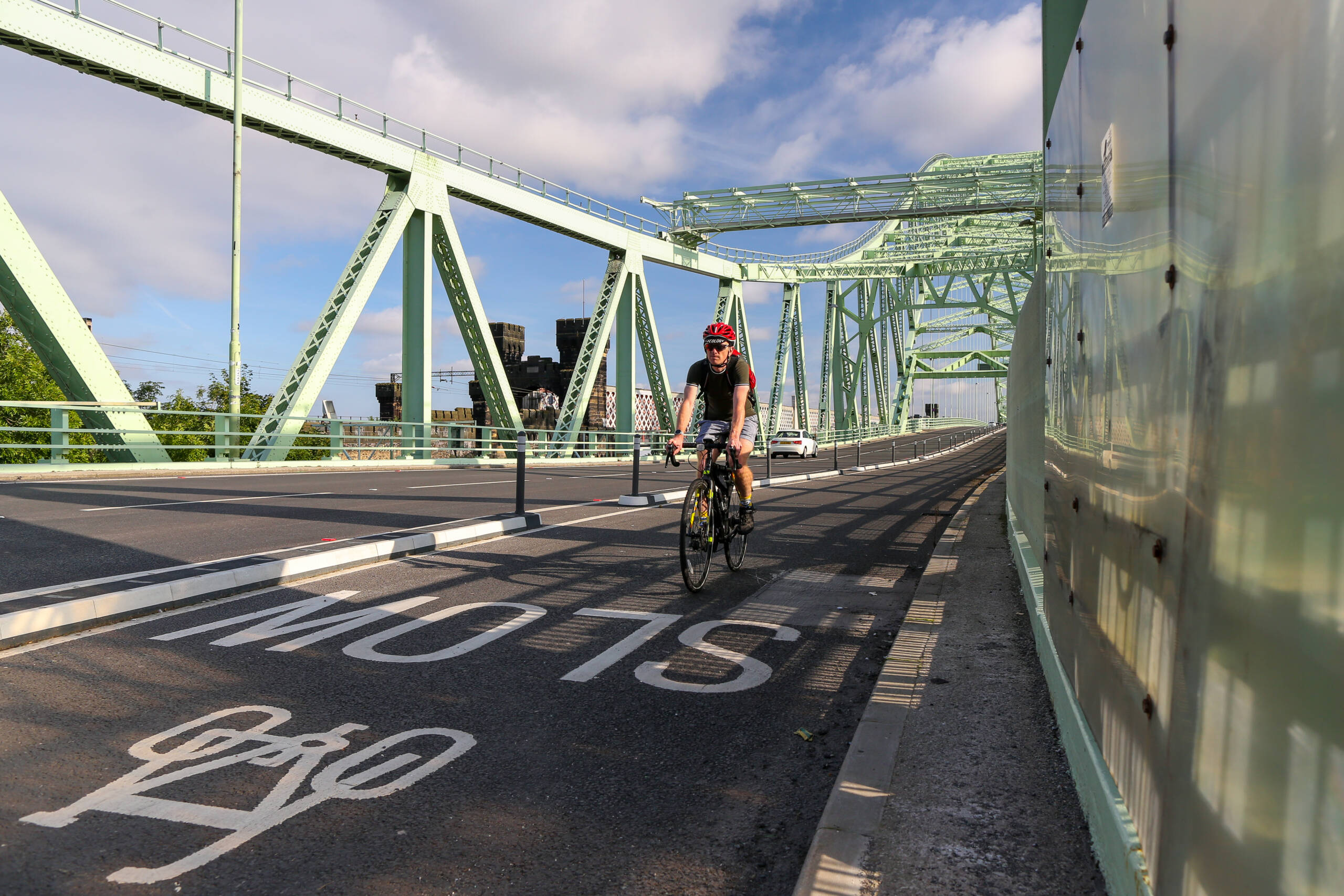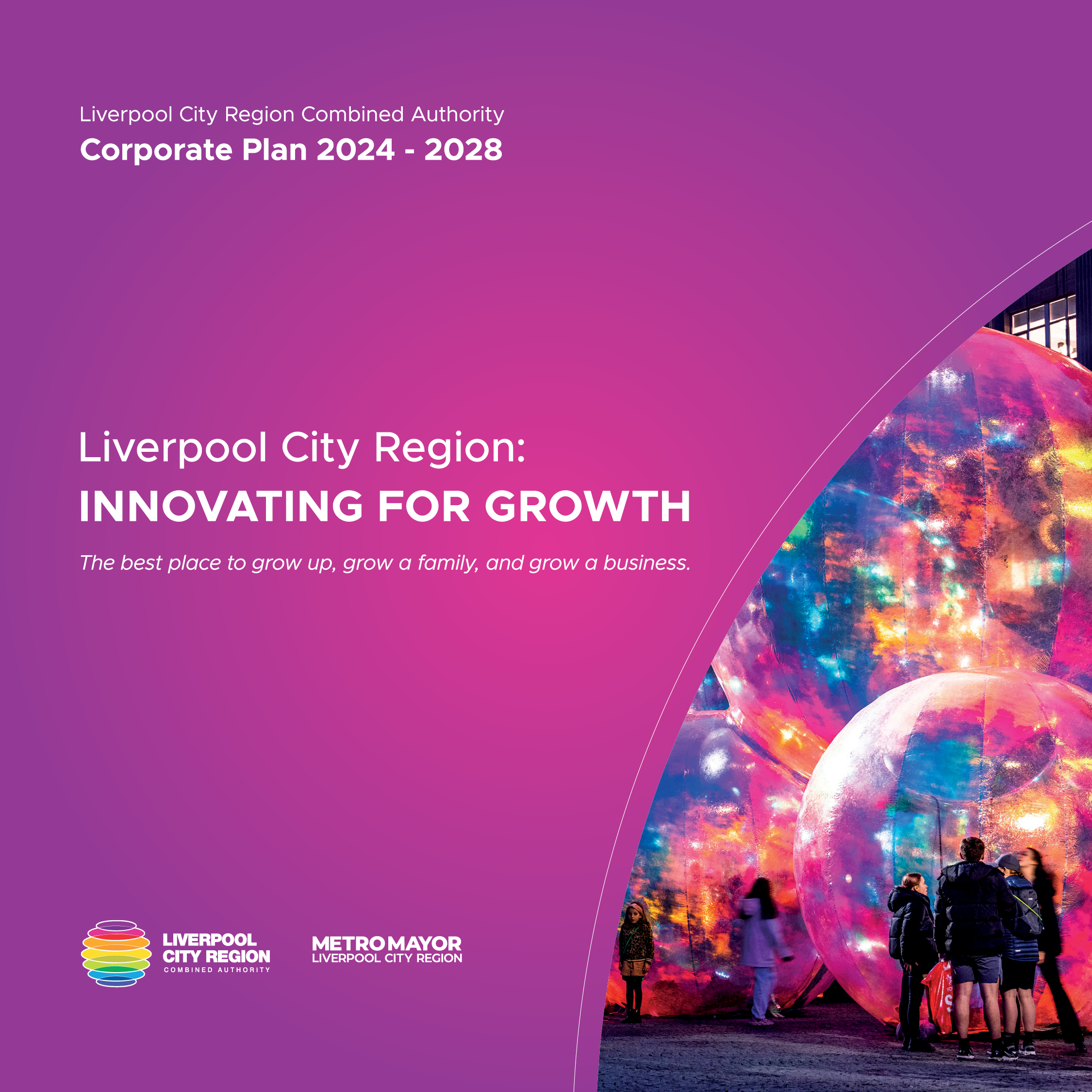Back to Energy & Environment
Local Nature Recovery Strategy
The Liverpool City Region Combined Authority has been appointed by DEFRA to produce a Local Nature Recovery Strategy (LNRS) for the city region.

The Strategy
LNRS will…
Background
The UK has lost nearly 50% of its biodiversity, placing it in the top 10% most nature depleted countries in the world. The Liverpool city region is no exception. The region’s post-industrial legacy has left its biodiversity in a state of decline, with a 5% loss of all habitats since the 1980s, including 10% of its most biodiverse grasslands. Since 1970, 36 priority species of plants and animals, have not been seen in the city region and could be considered locally extinct, with a further 34 species not seen since 1989.
The LNRS enables the first step of urgent action required to restore the natural environment, which provides a range of benefits to the people of our region. Nature-based solutions can improve our air and water quality, help us to achieve Net Zero, build resilience to climate change and provide access to thriving green spaces
Phase one map of existing areas of importance for nature. Phase two nature recovery opportunities map in development. Click here to open map in new window.
A message from the Mayor
“Over the past few decades, we’ve seen the precious habitats and ecosystems of some of our native species left exposed to both human activity and the effects of climate change – and the results are alarming. With so much of our country’s wildlife and natural biodiversity at risk, these fragile ecosystems need to be protected more than ever.
Wildlife is something to be cherished and protected for future generations, so we’re taking decisive action to start to tackle the decline of wildlife across our region. How fantastic would it be, for example, to see our famous red squirrel population growing again?
Our residents deserve to live in a greener, cleaner city region with thriving green spaces on their doorstep and protecting and sustaining our natural world will be key to achieving that ambition. While we’re only at the beginning of this journey, I’m confident we can start to make a really positive difference.”

Metro Mayor Steve Rotheram
LNRS Progress
Preparation of the Liverpool City Region LNRS is underway. The Combined Authority is leading this work with support from Merseyside Environmental Advisory Service, academic partners, local environmental record centres, and our local authorities as supporting authorities to the LNRS. We are also working closely with local experts, Natural England, Forestry Commission and Environment Agency, and our Local Nature Partnership are undertaking an advisory role.
The first phase of mapping has been completed and is displayed on our website. This map identifies “areas of particular importance for biodiversity” as defined by DEFRA, which are existing designated nature sites (core sites) and irreplaceable habitats.
A public engagement survey has been carried out, allowing the public to have their say on their priorities for nature across the City Region. The survey has now closed, however if you are a farmer, landowner or representative of an organisation and would like to get involved, please get in touch via the LNRS inbox. There will be a second phase of public consultation in early 2025. Keep an eye on this webpage and our social media channels to find out when this goes live.
We are currently finalising our strategic objectives for the strategy, incorporating technical evidence, stakeholder input and the public’s views. Phase two of mapping is now underway and will identify areas where there are opportunities for nature recovery interventions.
We will continue to share updates as the strategy develops.



